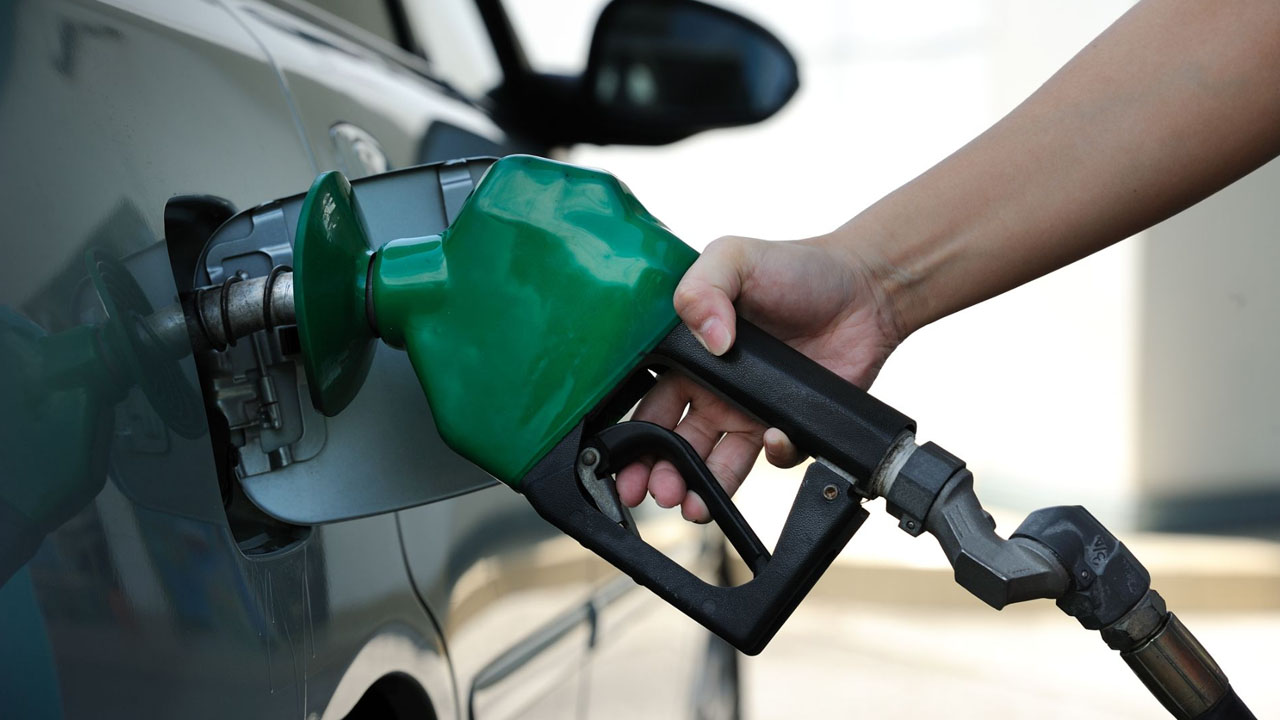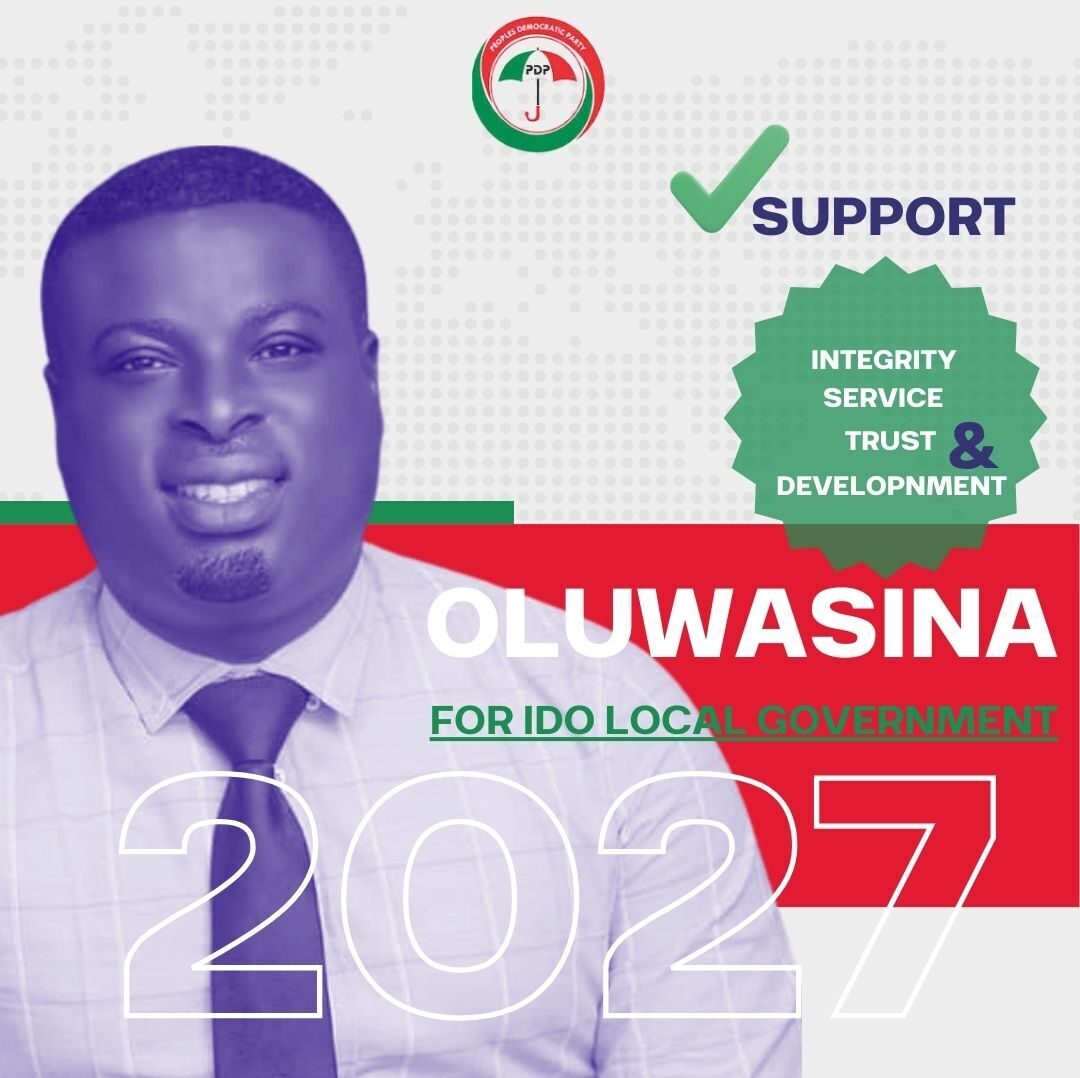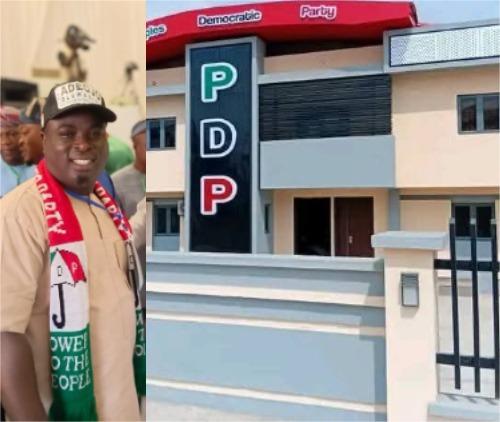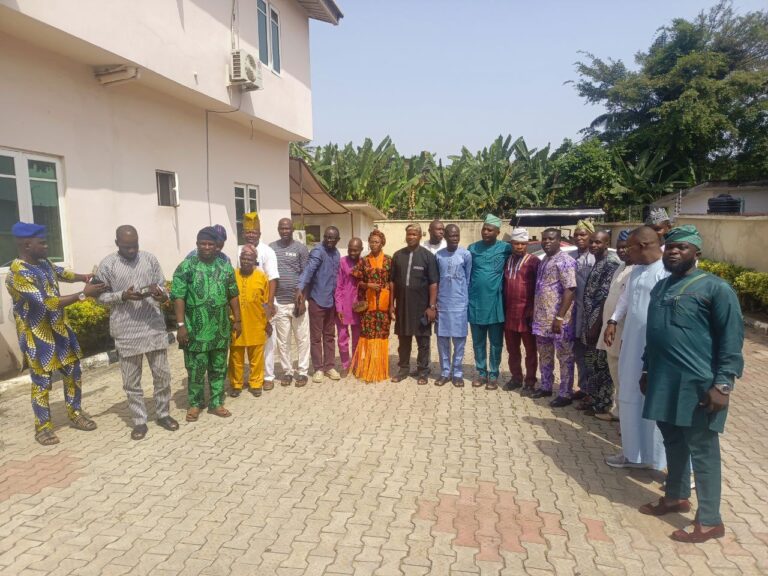
Amid mounting concerns over fluctuating petrol prices, unpredictable supply patterns, and agitation from downstream operators, the Federal Government has fixed July 23 and 24, 2025, for a national stakeholder forum that aims to address the major challenges facing Nigeria’s petroleum pricing and supply system.
The summit, being coordinated by the Nigerian Midstream and Downstream Petroleum Regulatory Authority (NMDPRA), is seen as a critical intervention by the government in the wake of deregulation tensions that have affected both marketers and consumers across the country.
The two-day engagement is expected to bring together top government officials, independent and major oil marketers, modular and conventional refiners, depot operators, labour unions, and investors to discuss pricing frameworks, transparency, feedstock availability, and long-term investment strategies.
The Executive Director of Hydrocarbon Processing Plants, Installation and Transportation Infrastructure at the NMDPRA, Francis Ogaree, officially announced the summit during a panel session at the recently concluded 24th Nigeria Oil and Gas Energy Week, held in Abuja.
Speaking during a panel titled “Building a Resilient and Competitive Refining Sector”, Ogaree described the forum as timely and necessary, considering the widespread uncertainty in the downstream petroleum market.
“This is a work in progress. We are holding a national engagement on July 23 and 24, focusing on petrol pricing and how we can put standards in place to guide our deregulated environment,” he said.
“The issue of pricing is not just sensitive, it is peculiar to each country’s socio-economic realities. We are working to ensure that no stakeholder is left behind.”
He also acknowledged that the sudden drop in ex-depot prices by the Dangote Refinery—without prior notice to retailers—has triggered confusion and losses for operators, while fuelling distrust in the market.
The announcement follows weeks of complaints and appeals by oil marketers and retail operators who have consistently decried the lack of pricing transparency in the deregulated regime.
Billy Gillis-Harry, President of the Petroleum Products Retail Outlets Owners Association of Nigeria (PETROAN), has reiterated the association’s concern over pricing volatility, which he says has significantly impacted retailers—especially those who buy petroleum products at higher prices only to face abrupt reductions from refiners like Dangote.
“There has to be a clear mechanism for price stability and forecasting,” Gillis-Harry said in an earlier statement.
“Retailers cannot continue to bear the burden of abrupt market changes. We support a deregulated system, but it must be organised, transparent, and predictable.”
He further called on the government to establish a structured pricing and supply chain monitoring system that protects all players in the value chain—while ensuring consumers are not exploited through arbitrary pump price hikes.
Labour unions have also raised red flags. The Petroleum and Natural Gas Senior Staff Association of Nigeria (PENGASSAN) has accused some petroleum marketers of inflating prices and exploiting Nigerians in the deregulated market environment.
In a public statement issued last month, the union insisted that the current pump price of petrol (PMS) should not exceed ₦700–₦750 per litre, citing cost analysis and product import metrics. They demanded government intervention to rein in arbitrary pricing practices that threaten national energy security and affordability.
Despite the controversies, the NMDPRA highlighted significant strides made in boosting Nigeria’s domestic refining capacity. According to Ogaree, Nigeria now has 10 refineries that are either operational or in advanced stages of development. These include: The three state-owned NNPC refineries in Port Harcourt, Warri, and Kaduna, The Dangote Refinery, which recently commenced production with a capacity of 650,000 barrels per day, and Six modular refineries, many of which are now active or preparing for commercial operations.
Ogaree noted that Nigeria’s combined domestic refining capacity currently requires at least 1.12 million barrels of crude oil per day, a number expected to rise as more modular refineries are commissioned by 2026.
“We have issued 47 refining licenses,” he said.
“Some of the modular refineries will need as little as 1,000 barrels per day, while others will require up to 200,000 barrels daily. But the major challenge is feedstock—how to ensure a steady and sufficient crude supply for all licensed operators.”
While refining capacity is increasing, the NMDPRA cautioned that a major threat to sustainability is the shortage of domestic crude feedstock, which is essential for the efficient operation of both large-scale and modular refineries.
Ogaree warned that unless Nigeria increases its crude oil production, or develops policies to dedicate specific crude volumes to local refiners, the downstream sector may not achieve its full potential—even with increased refining infrastructure.
“We must ensure that crude oil supply grows proportionately with refining demand,” he said.
“If all licensed refineries become operational by 2026, and there’s no dedicated feedstock policy, the downstream sector will be overstretched and unstable.”
With high-level stakeholders attending the July summit, the Federal Government is expected to propose new guidelines for: Petrol price standardisation in the deregulated market, Improved communication between refiners and marketers, A national feedstock supply plan, and Incentives for investment in local refining and distribution.
Industry analysts say the summit may also explore temporary price band mechanisms or reference pricing structures that allow flexibility while preventing sharp market disruptions.
Conclusion: A Crucial Turning Point for Nigeria’s Downstream Sector
The July 23–24 stakeholder forum may mark a turning point in Nigeria’s downstream oil and gas policy. As the country transitions fully into a post-subsidy, deregulated petroleum economy, the challenge now is to build a market that balances investment growth with consumer protection and national energy stability.
Stakeholders across the sector await the outcome of the forum with cautious optimism, hoping that it will lead to enforceable reforms, renewed confidence, and a fairer, more transparent pricing regime that works for all Nigerians.






